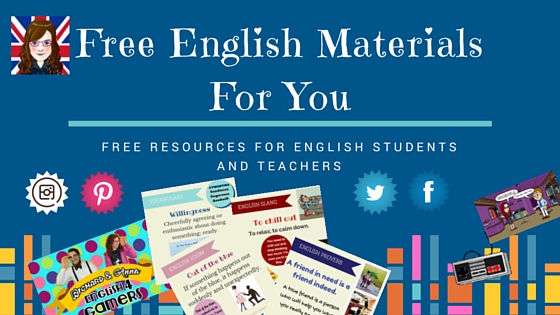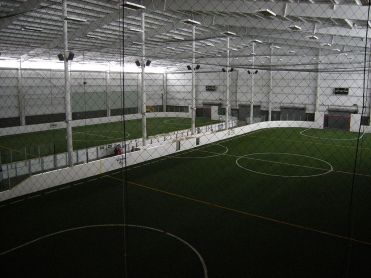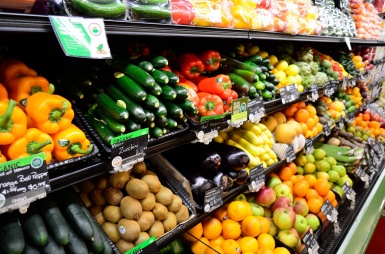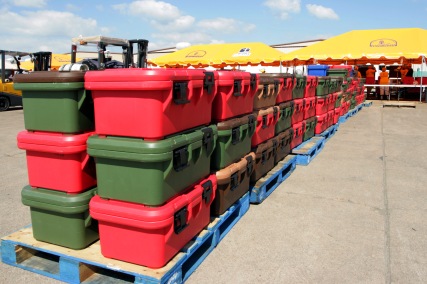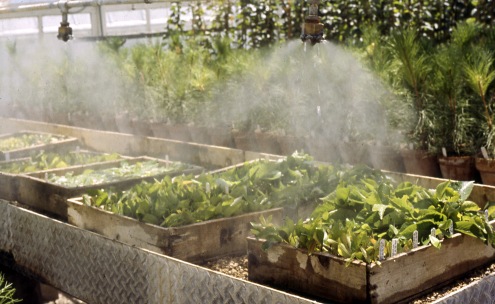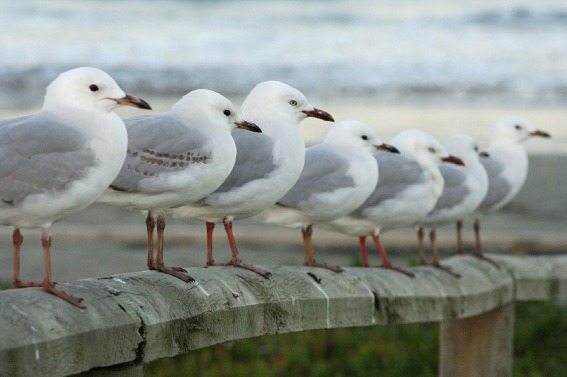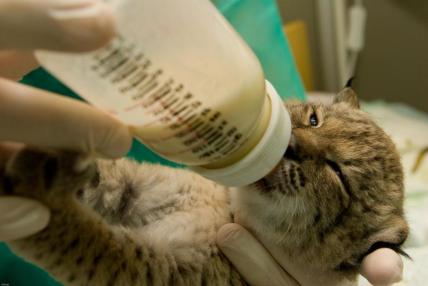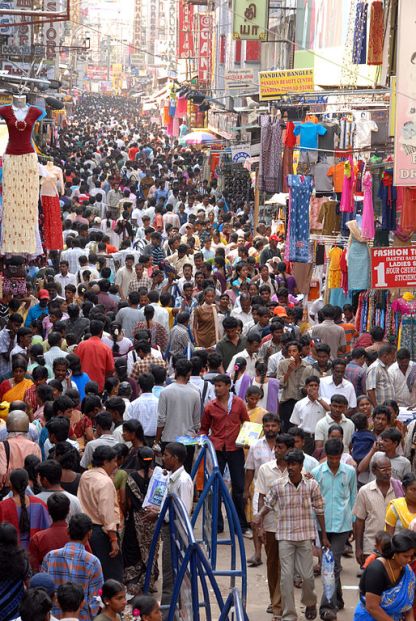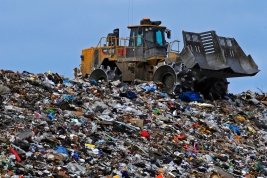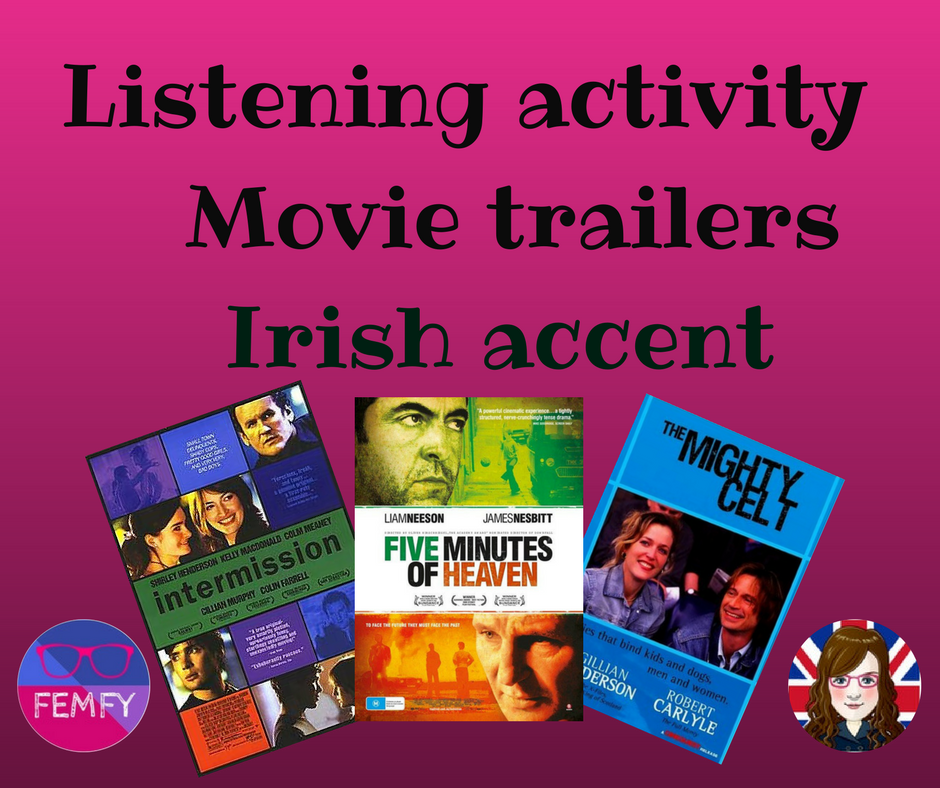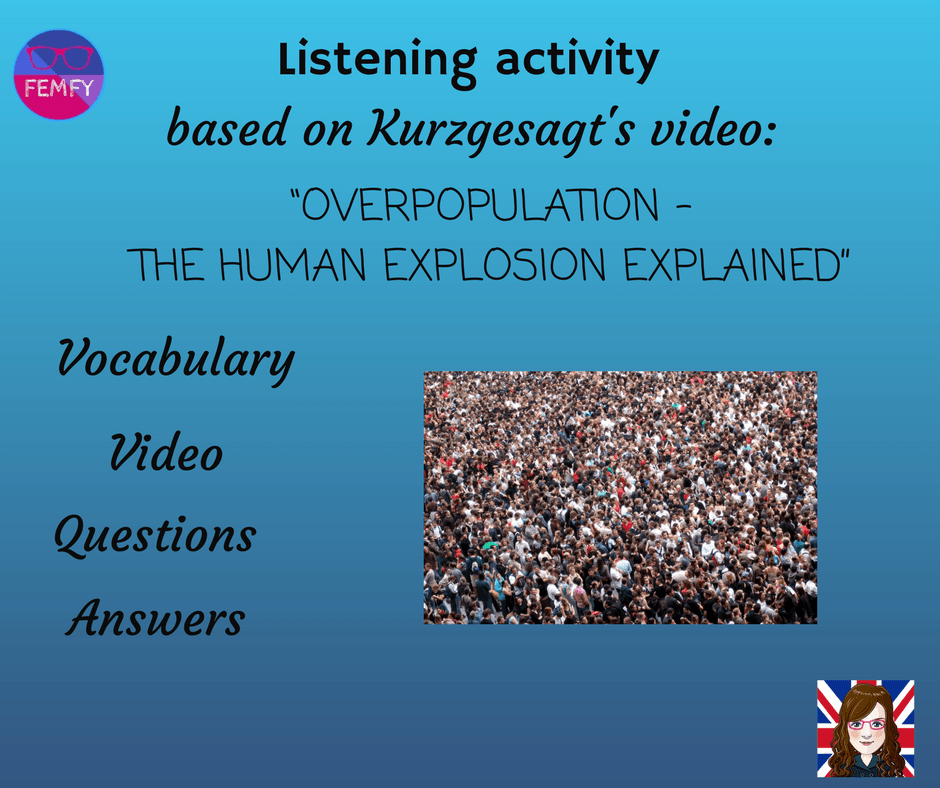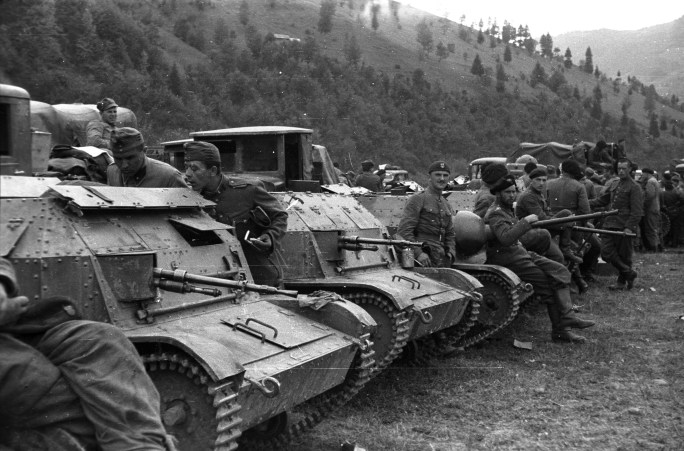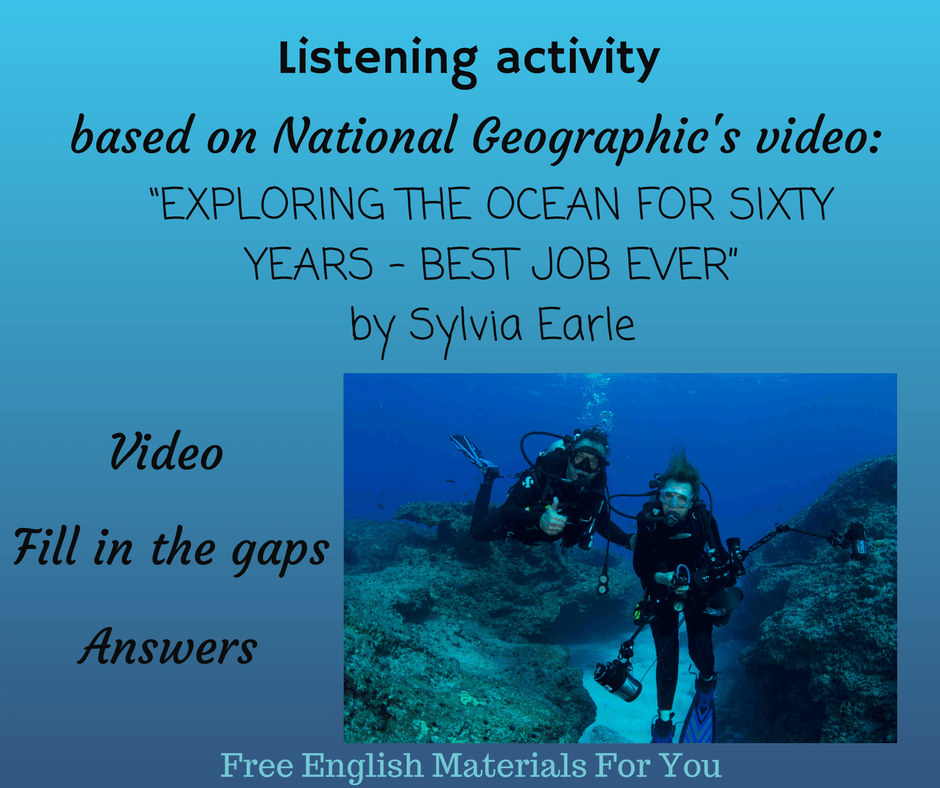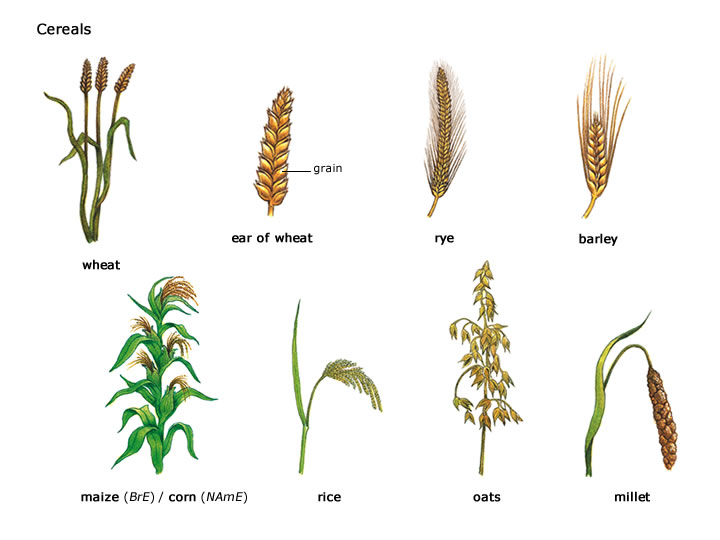LISTENING ACTIVITY
The following listening activity is based on an ABS News video. If you are preparing for IELTS or CAE this will be a great exercise to test not only your listening comprehension but your vocabulary knowledge too. The video is about the frigid conditions in the US at the end of December.
Before watching the video, read the following words and try to guess their meaning if you don’t know it yet.
SKIN – THREATENING – BUNDLED – PLOUGH – FORECAST – TO DIG – COLD SNAP – SNOW BLOWER – ICICLES – DANGEROUS CHILL – TO TURN – DEADLY – UNBEARABLE – TO DUMP – OVERFLOWING – TO DROP
After that, try to fill in the gaps (you have to conjugate the verbs), even not knowing the meaning of all the words. Think if the missing word is a verb, a noun, an adverb, or an adjective, this will help you.
The following step will be watching the video. This isn’t an easy one, they all speak really fast, so probably you won’t be able to fill in the gaps while watching the first time.
You can find the answers in the PDF file.
SKIN – THREATENING – BUNDLED – PLOUGH – FORECAST – TO DIG – COLD SNAP – SNOW BLOWER – ICICLES – DANGEROUS CHILL – TO TURN – DEADLY – UNBEARABLE – TO DUMP – OVERFLOWING – DROP
- We begin with that ___________________________ taking hold of half the country tonight.
- Part of Pennsylvania and New York still _____________________ out from under five feet.
- And now the Arctic invasion across most of the lower 48 states. This fountain you
see right there behind New York Public Library, mostly ___________________ to ice. - And take a look at the _____________________ for New Year’s Eve, the coldest in more than 50 years.
- When the ball ___________________ in Time Square the wind chill could meet minus 4 and for millions feeling the cold there’s much worse snow in the forecast as well.
- Tonight the 200 million Americans _____________________ from head to toe.
- That dangerous ________________________gripping more than half the country.
- The cold could be __________________, especially for the very young and the very old.
- Extreme weather is more than an inconvenience, it remains a serious and
potentially life _________________________ - Shelters __________________________ with people trying to escape the frigid temperatures.
- And in Cotton, Minnesota, an _______________________ 41° below 0.
- It feels like your __________________ is gonna be on fire.
- Dave S. had to hire a ___________________ to unbury his car.
- Heavy snow packed on rooftops, ______________________ nearly everywhere you look.
- N. today pushing his _________________________ clearing his home.
- All day truck after truck, we’ve seen them coming here, ______________________ their loads. Some of these piles are 12 feet high.
Downloadable PDF version (without answers): Listening activity – weather vocabulary – Free English Materials For You
Downloadable PDF version (answers): Listening activity – weather vocabulary – Free English Materials For You – answers
